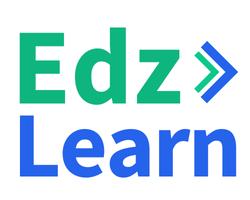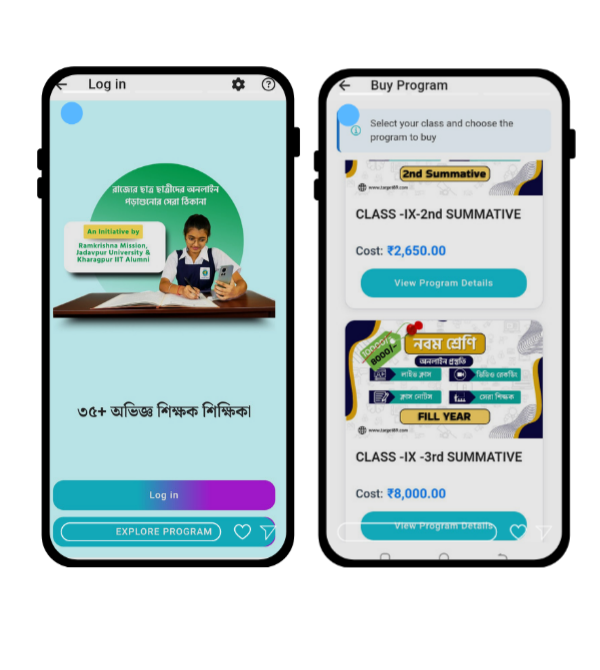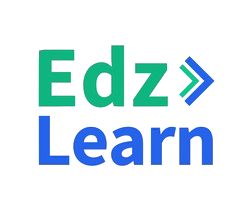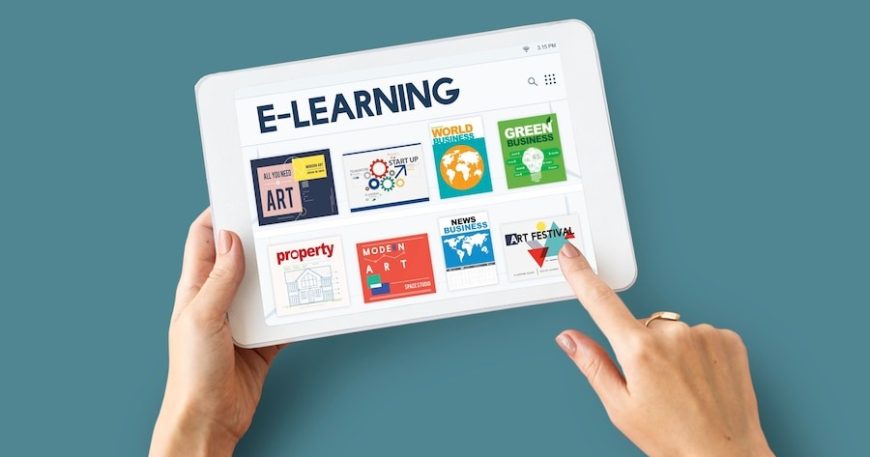E-learning Market
E-learning Market : In today’s interconnected world, the need to bridge language barriers has become more critical than ever. Language skills are no longer confined to personal interests or hobbies—they’re essential for career advancement, global communication, and cultural understanding. This growing importance has spurred a surge in the e-learning market, where digital platforms are making language education more accessible, engaging, and flexible for learners worldwide.
As an industry, e-learning has experienced significant growth, and language learning is among its most rapidly expanding segments. In this blog, we’ll explore the factors driving the boom in online language education, the value it offers to both learners and educators, and how this trend reflects the changing landscape of global communication.
1. The Globalization of Business and Commerce
With companies increasingly operating on a global scale, the ability to communicate across borders has become a core asset. Business transactions, partnerships, and client relationships often rely on employees who can effectively engage with international contacts. Language proficiency directly impacts an organization’s reach, marketability, and customer experience.
E-learning platforms cater to these needs by offering language courses tailored to business scenarios, including industry-specific terminology and cultural nuances. This flexibility enables companies to provide employees with language training without disrupting their work schedules, making it a valuable investment for corporate training programs.
2. The Rise of Remote Work and International Collaboration
The shift to remote work has broken down geographical boundaries, allowing teams from diverse linguistic backgrounds to collaborate. This shift has increased the need for language skills that foster clear communication and mutual understanding among international teams. For many remote workers, learning a new language has become a way to build stronger relationships and improve productivity in collaborative projects.
E-learning Market platforms have responded by offering language courses tailored for professionals. Features like live sessions with native speakers, interactive quizzes, and real-time feedback help learners build practical language skills they can apply immediately in work scenarios. By learning online, remote workers can develop these skills at their own pace, fitting lessons into their daily schedules without being tied to a physical classroom.
3. Technological Advancements in E-learning Platforms
Modern E-learning Market platforms have transformed how people engage with language education, thanks to advances in technology. Through AI, machine learning, and natural language processing, e-learning platforms now provide highly personalized and adaptive learning experiences. These technologies can analyze a learner’s strengths and weaknesses, recommend tailored lessons, and offer instant feedback on pronunciation, grammar, and vocabulary.
Virtual classrooms and interactive multimedia content add layers of engagement that traditional methods cannot match. For example, learners can participate in simulated conversations with AI-powered avatars, receive real-time corrections on their pronunciation, or immerse themselves in virtual environments that mimic real-world scenarios. These innovations make language learning accessible, effective, and, perhaps most importantly, enjoyable.
4. The Appeal of Self-Paced, Flexible Learning
One of the most compelling aspects of e-learning, particularly for language education, is its flexibility. Traditional language courses often require a rigid schedule, which can be difficult to maintain alongside other commitments. E-learning Market, however, allows learners to set their own pace, enabling them to balance language acquisition with work, family, or other pursuits.
Self-paced learning caters to diverse learning styles, allowing individuals to spend more time on challenging areas or skip ahead if they grasp a concept quickly. Many e-learning market platforms also provide mobile-friendly options, allowing learners to study on the go. This flexibility is particularly beneficial for busy professionals, students, or individuals with varying schedules, making language learning an achievable goal for more people than ever before.
5. Cultural Awareness and Travel Aspirations
In addition to practical career benefits, language learning enriches personal lives by fostering cultural understanding and preparing individuals for travel. E-learning Market platforms often integrate cultural lessons into language courses, helping learners understand the customs, values, and perspectives associated with the language they’re studying. This approach promotes empathy, global awareness, and a more holistic understanding of other cultures.
Travel enthusiasts also benefit from language e-learning. Whether for business or leisure, the ability to converse in the local language enhances travel experiences, enabling deeper connections with local people and a more authentic cultural immersion. By providing convenient access to language courses, e-learning platforms make it easier for travelers to prepare for their journeys, even on a tight schedule.
6. Affordable and Accessible Language Education
Traditional language courses can be costly and may not be accessible to everyone. E-learning platforms, on the other hand, offer affordable and often more flexible options, enabling more people to learn a language without financial strain. Many platforms provide subscription-based models or offer free access to basic courses, allowing learners to explore different languages at a fraction of the cost of in-person classes.
This affordability has made language education more accessible to learners in developing countries or regions where language schools may not be available. E-learning platforms bridge this gap, providing high-quality language instruction to individuals who may not have had access to such resources before. This democratization of language education has opened new doors for millions of people to improve their skills and reach their personal and professional goals.
7. Increased Demand for Multilingualism in the Job Market
The job market has evolved, with multilingualism becoming a highly sought-after skill in fields such as healthcare, hospitality, technology, and education. Employers recognize the value of candidates who can communicate across language barriers, as these individuals contribute to smoother operations and higher client satisfaction.
E-learning platforms are well-positioned to meet this demand. They provide industry-specific language courses that teach vocabulary and communication skills relevant to specific professions. For example, healthcare workers may take language courses focused on medical terminology, enabling them to better serve patients from diverse backgrounds. This tailored approach equips learners with skills that directly enhance their employability and job performance.
8. The Social and Gamified Learning Experience
Learning a language can be challenging, but e-learning platforms have found innovative ways to keep learners motivated. Many platforms incorporate social features, allowing learners to connect with peers, participate in group discussions, or practice their skills in real-time chats. Social interaction fosters accountability and provides a sense of community, making the learning process more engaging.
Gamification, another powerful motivator, has become a core feature of language e-learning. Through rewards, leaderboards, and achievements, learners are encouraged to complete lessons and practice consistently. This gamified experience not only makes language learning fun but also encourages consistent practice, which is crucial for achieving fluency.
Conclusion
E-learning Market : The booming demand for language learning in the e-learning market is a response to the increasingly global nature of our personal and professional lives. From career advancement to cultural understanding, multilingual skills are invaluable assets in today’s world. E-learning platforms have capitalized on this demand by offering accessible, flexible, and engaging language courses that cater to diverse learning styles and objectives.
As technology continues to evolve, the e-learning industry will likely see even more innovative approaches to language education. With AI, VR, and gamification driving the future of e-learning, language learners can look forward to a richer, more immersive experience. Ultimately, e-learning has democratized language education, making it possible for people worldwide to learn a new language, expand their horizons, and connect with the global community.
In this ever-connected world, the role of e-learning in language acquisition is only set to grow, supporting a generation of learners eager to embrace multilingualism and the opportunities it brings.
This Blog is Written By Ritika Saxena,
Content Writer and Social Media Manager At
Edzlearn Services PVT LTD.
For More Information Connect With Her on Linkedin : https://www.linkedin.com/in/ritika-saxena0355/
Read our Recent Blogs: https://edzlms.com/blogs/
Download our Recent Case Study: https://edzlms.com/case-study/
For anything related to LMS, feel free to reach out or book an appointment at : https://calendly.com/edzlms/30min.
Contact – Mihir Jana
Phone no.- +919916650872















